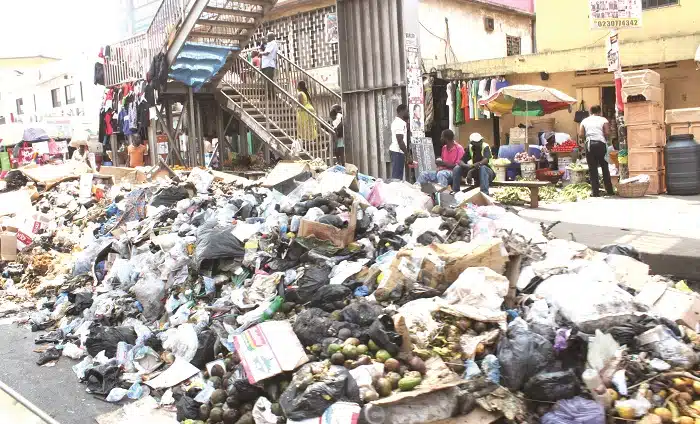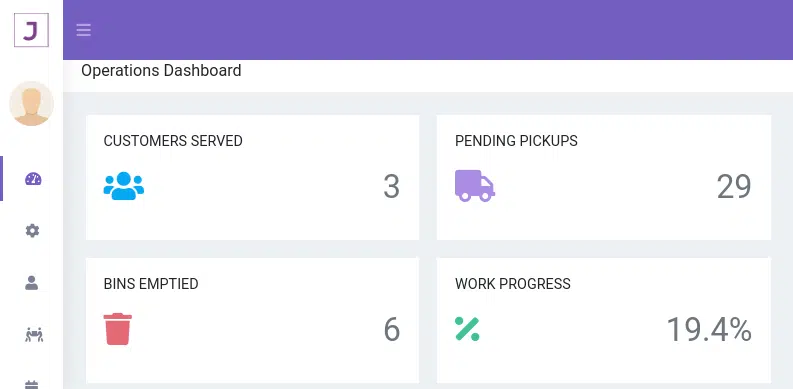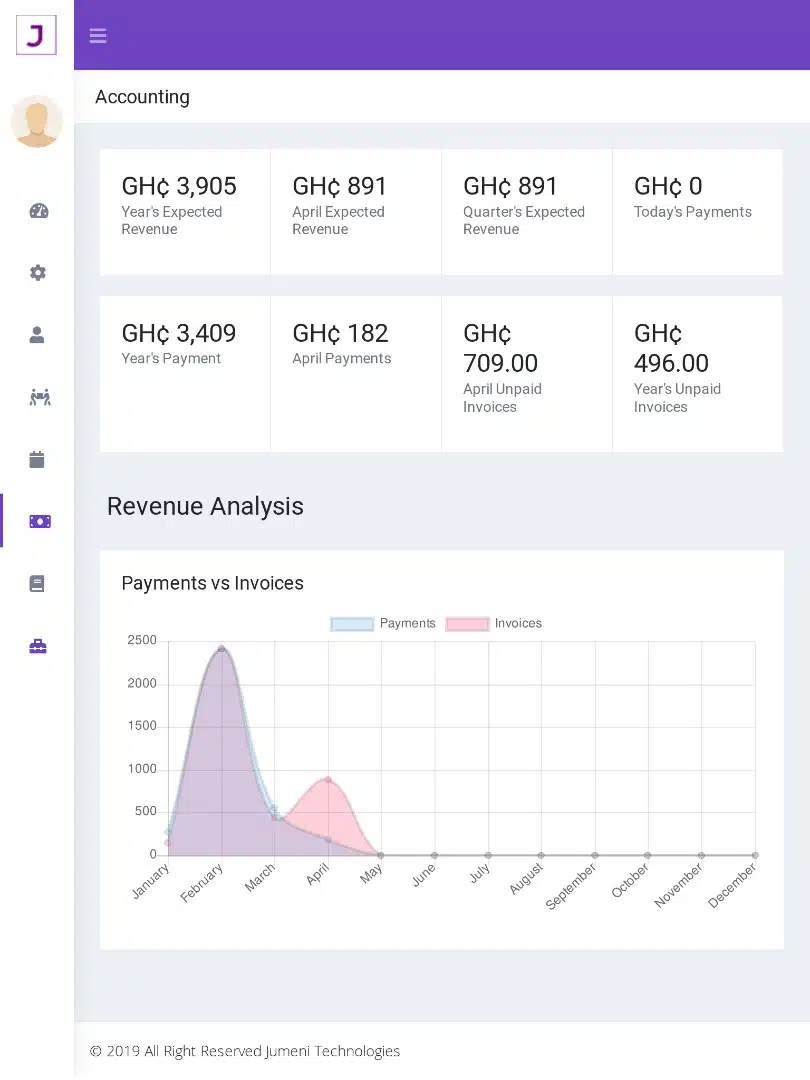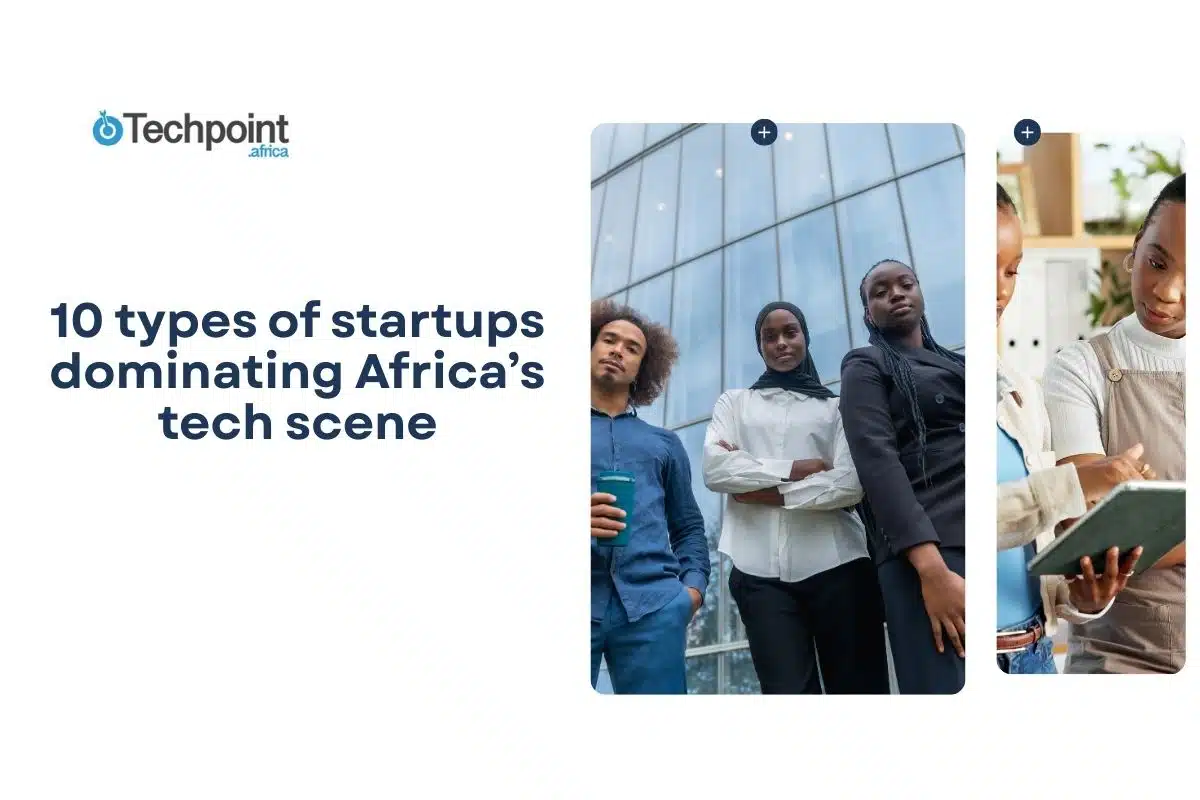In 2018 Ghana, with a growth index of 8.3%, emerged as the fastest growing economy in Africa, according to the World Bank. For a country mired in poverty not too many years back, the growth had lots of significance.
But Ghana still faces bigger threats. Residents of its biggest city Accra, from food sellers to academics, are overwhelmed by its issues of waste management.

While waste management is a nationwide issue in Ghana, it’s most obvious in Accra, a fast-growing city of four million residents that generates about 3,000 metric tonnes of waste a day. As a matter of fact, the World Bank in 2012 estimated that poor sanitation was costing Ghana’s economy around GH₵ 420 million ($290 million) each year, equivalent to 1.6% of its GDP.
Underbelly of the problem
Affairs of waste collection in Ghana are partially outsourced to private contractors (through a franchise agreement) by the Government.
In the early days, the government collected taxes and other tolls from households and paid the private companies, as is done in many countries. It was however a case of collecting these taxes manually.
Full autonomy was later granted to the private companies to charge customers for waste collected, although the government largely regulated their activities. But just like the system before it, private waste companies were confined to the same inefficient manual cash system in large part due to the cash-based economy which Ghana operates.
Having done research to have proper assessment of the situation, a young Ghanaian entrepreneur who goes by the name Eyram Amedzor concluded that the problem is down to the little details that are ignored.
According to him, waste management is a field service that requires end-to-end monitoring. And where waste management companies lack visibility on what happens on the field, it negatively impacts their business.
For instance, when waste companies send drivers and janitors to lift the waste of their customers, little visibility means they can’t easily know which bins have been lifted, or which routes are being taken, or if the field teams are using trucks unproductively.

Victoria Fakiya – Senior Writer
Techpoint Digest
Make your startup impossible to overlook
Discover the proven system to pitch your startup to the media, and finally get noticed.
There’s the payment problem which spans from drivers and janitors sometimes not remitting cash paid by customers in full, to inability of revenue collectors to charge customers when they are physically not present at the time of waste collection.
The outcome is that the customers are not satisfied with the service delivery; more so with the absence of a feedback system to voice their concerns.
A seemingly perfect response
Given Eyram’s understanding of the problem, it comes as no surprise that he already has a solution, although he is not alone in the quest to take on one of Ghana’s biggest environmental challenges.

He teamed up with Kenyan national, Kevin Gawo and a fellow Ghanaian, Emmanuel Oduro to co-found the company called Jumeni around June last year.
Jumeni’s value proposition to its users is somewhat three-pronged.
“Primarily, being a cloud-based field service management solution delivered through web and mobile, the core essence is to bring more visibility into field operations, thereby allowing waste management companies identify leakages faster while improving their productivity,” clarifies Eyram.

Most waste companies for instance have an operations manager at the office who dispatches drivers and janitors to the field. But imagine doing so over an online interface where activities can be monitored and field workers are required to reflect the status of the job, so the managers can have control of what goes on in the field.
There is also the problem of collecting payment for customers who are working or always on the move. Unless companies or the customer has someone come to collect or deliver the money in-person, there will be no payment.

That is why on top of offering a service that allows these companies monitor field work, Jumeni helps them collect money faster using multiple channels like POS, USSD and web payments.
“This invariably paves way for better customer management, since customers have access to additional perks such as receiving event-based notifications pertaining to delivery of service as well as the much needed feedback loop system,” Eyram summarises.
Sometime around last year, Eyram and his team had a brainstorming session to explore more use cases for Jumeni’s technology and discovered that, beyond waste collection, it solves a problem common to all forms of businesses requiring remote workforce management.
“Field service management spans many industries, it’s just the same technology in the end,” explains Eyram.
Examples can be found in the telecommunications and cable industry, where technicians go out to the field to install cable or run phone lines into residences or business establishments. Or in healthcare, where mobile nurses provide in-home care for the elderly or disabled.
Some of these businesses are cash-driven; which only serves to increase Jumeni’s bottom line. Besides charging licensing fees for its software, the startup also generates revenue from taking commission ranging from 5 — 10% on every payment processed.
One major challenge will come from realising that the technology in itself isn’t absolute. Because the activities on the field as it were is still manual-driven.
In the waste industry for example, waste collectors need to first carry out the work through a manual means and after completing it are expected to reflect the status of the work on the system.
Errors resulting from not reflecting the status of the work done on the system, as is required, could defeat the entire concept of remote field workforce management.
Unless this aspect of the operation can be automated, it’s hard to imagine a system devoid of some form of leakages.
It appears for now, Jumeni is banking on trust and simplicity of the technology as it perhaps explains the roll out of the service via USSD channel.
Expectations and projections
Even though Jumeni as a company has existed since June last year, it is still eyeing its official launch.
It’s flagship product for the waste management industry launched in a limited beta phase in January 2019 and ever since, it has on-boarded two waste management companies that use the product actively, with a handful of others giving just feedback.
Regardless, it is telling that within three months of pilot, Jumeni has processed over $5000 worth of transactions from servicing just two companies in Ghana.
As it moves out of beta today 24th of April 2019, which happens to be its official launch, Jumeni is set to deploy for a number of companies.
No doubt expectations would be high of Jumeni following this launch. It would first have to capture value by winning over companies, within its primary market Ghana, that have internal solutions which are somewhat in direct competition to its technology.
Eyram thinks that would not be a problem as, by his submission, “there aren’t many off-the shelf solutions like ours in existence and our findings show that even though some of these companies have in-house solutions, they are still open to better experiences.”
Generally, the software field service management in Africa is still very young and there are a lot of opportunities and space for other companies.
Another question will be whether the team has what it takes to execute this huge responsibility. Eyram explains that the team collectively has over 5 years experience in economics, cyber security, computer science, waste recycling and building enterprise software. And that experience was validated upon its graduation from the Meltwater School of Technology (MEST) in 2018, where it got a seed funding of $100,000.
These coming days will be critical for Jumeni and it will be interesting to see how it deals with the accompanying challenges of running as a business proper.











